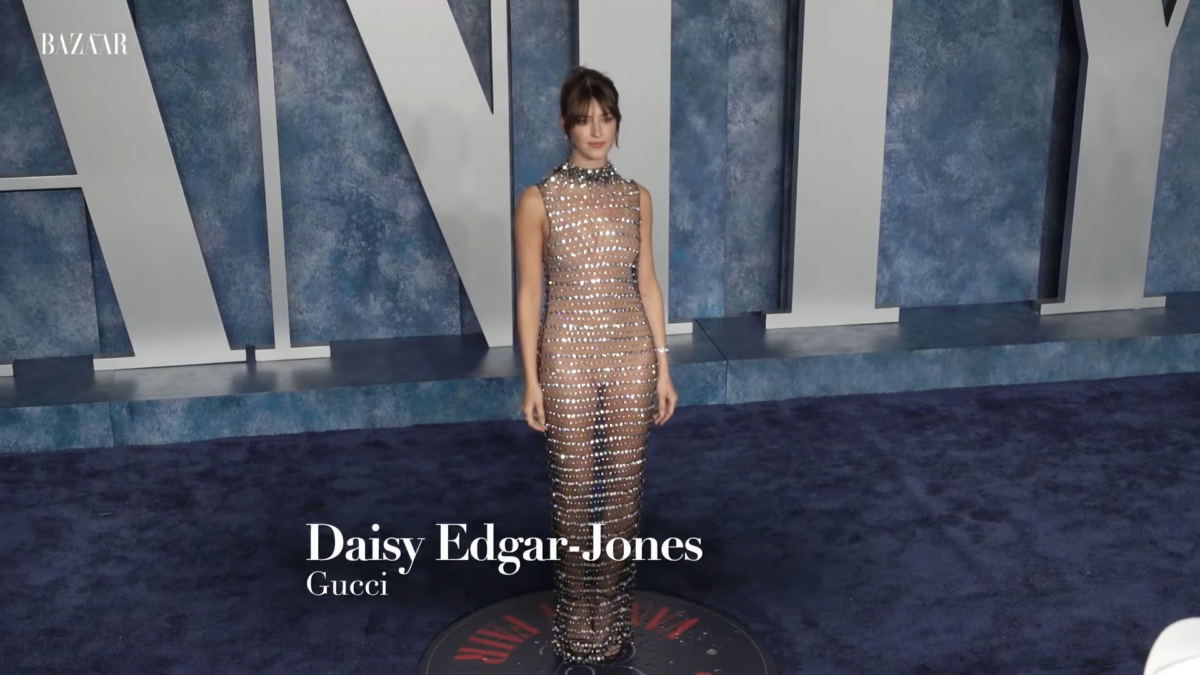
As woman in business, a mother, a sister, an aunt, I can understand why the Miss America pageant wants to show respect to women by evolving. Thus we have from Crown Central the announcement of Miss America 2.0, without bathing suits or any judging for physical appearance. While you can control for the first variable, stripping the show of the beach displays, the only way to ensure the second is to make sure that no women or men are watching.
I know, that’s harsh. But fundamentally weren’t such events created at least partly to admire the competitors’ visual as well as mental accomplishments? Given the news this week of calls for the current leadership’s resignations, it appears there is dissention among the ranks about the pageant makeover.
I find myself wondering whether the pageant is in a jump the shark moment, in attempting to evolve from a contest among beautiful women who are talented and smart to a nationally televised job interview of urgent, public policy discussions perhaps headed to syndication on C-Span. The real question may be not whether there should be an assessment of beauty on the show, but whether there should be a show at all.
I loved the pageant as a kid. Loved the dresses. Loved the sparkle. Loved the little crowns. I didn’t watch it to bone up on my apologetics, although it was interesting to consider how I might answer one of the probing pageant questions, if put on the spot. As a young girl, it was inspiring to see women planning on careers in medicine or music or journalism put a beautiful, best foot forward.
And beautiful was important. A good smile really can open a closed door. It’s almost impossible in the current environment to say the kinds of things parents once told their kids—to make a good first impression, sit up straight, smile, look your best, put on a nice shirt, be charming. Looking the part was important, although not more important than a noble character.
Yes, beauty needs to be inside and out, and yes, intelligence lasts longer than looks. But this does not have to be either-or. Can’t it be both? Isn’t the real issue not whether some people are attractive but whether people are treated well no matter how they look, no matter how much money they have or what role they play in a company?
In this moment of #MeToo, the worthy goal of building a world in which women are treated, paid, and accommodated as equals in their work, whatever the field, is front and center. It’s about time. Sexual harassment is wrong. Manipulating people who work for you into sexual situations is wrong.
Mocking people’s bodies is wrong, including mocking the bodies of political, not just pageant, opponents. When the Huffington Post reported on lewd e-mails between the pageant’s former CEO, Sam Haskell, and lead pageant writer Lewis Friedman, Miss America had some clean-up to do.
So out with the swimsuits (which I personally won’t miss) but it didn’t stop there. As ABC reports, “The organization is also getting rid of the evening gown portion of the competition and instead asking contestants to wear attire that makes them feel confident and expresses their personal style. The contestants will also discuss how they will advance their chosen causes, called ‘social impact initiatives’ by the Miss America Organization.”
With that description in mind one can imagine the contestants sitting around in sweatpants talking about world peace. If you’re looking for pleasantly and comfortably dressed people talking current events, they actually have entire networks programming for that as you read.
Maybe I am alone in mourning the loss of sparkle, although I never tried the crown circuit myself. Maybe the time has come to put beauty pageants out to pasture altogether. But I am reminded of a scene from Kurt Vonnegut’s short story “Harrison Bergeron,” in which to create absolute fairness the fictional government imposed physical and mental handicaps. The main character removes them from himself and a lovely ballerina to showcase a beautiful, unencumbered dance before the two characters come to a tragic end.
But the show must go on, at least for now. Perhaps the new low-fat, low-sparkle, high-social-impact-fiber format will do well. Still, it feels as though something iconic has been lost as we grapple with how best to acknowledge that men and women bring something valuable to the community table, deserving of respect.









